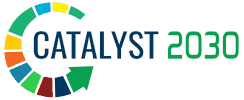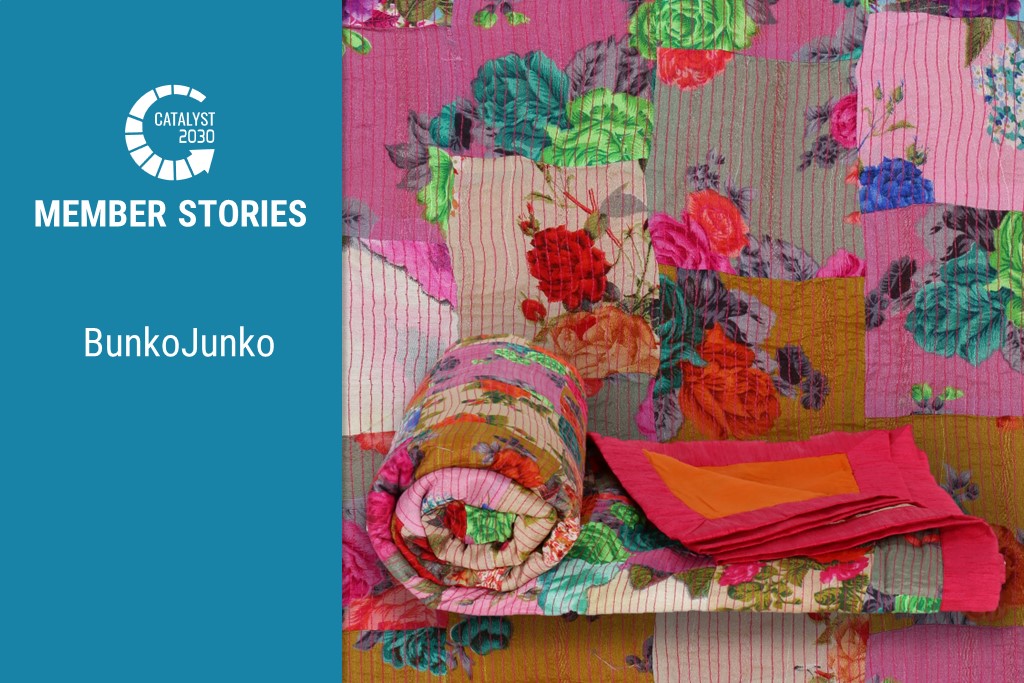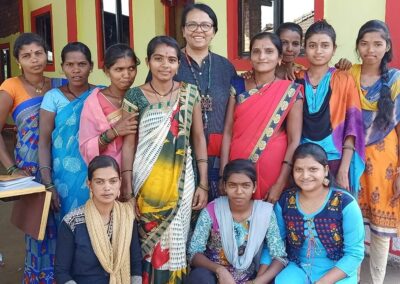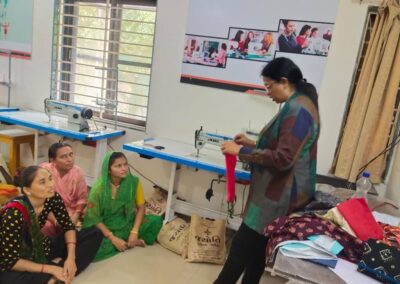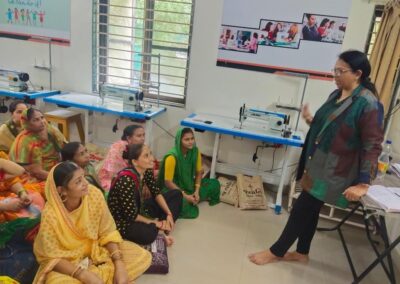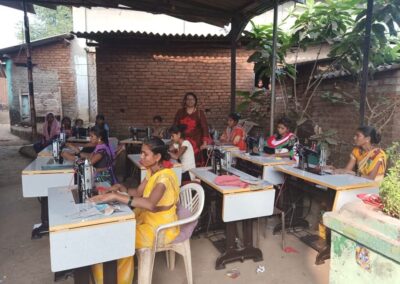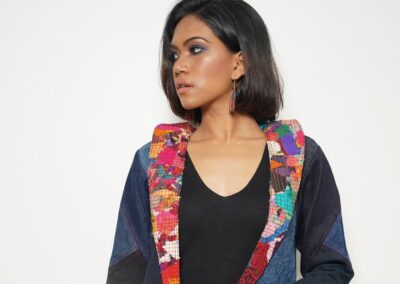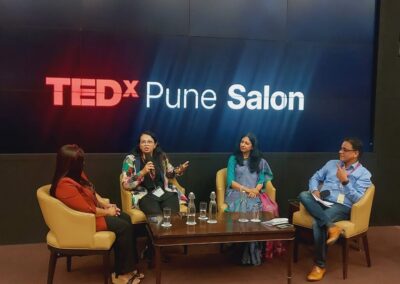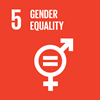
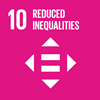
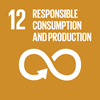
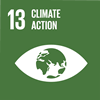
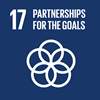
BunkoJunko, a social enterprise based in Mumbai, India, is known for its environmentally sustainable, unique, trend-setting designs and its vision is to make fashion sustainable. “Ours is an eco-friendly initiative that takes all the waste produced by textile manufacturing to make beautiful fabric and garments. And alongside that we want to empower women in the fashion industry,” says Bhavini Parikh, Founder and CEO. Explaining the name, Bhavini says, “Bunko means art decoration creation in Japanese and Junko is from junk.”
Benefiting local women
A textile artist and fashion designer turned social entrepreneur, Bhavini has been working in the clothing industry for more than three decades. After graduation, her journey started with textile surface ornamentation, doing embroidery for different brands. At the same time her commitment to socio-economic development for women was evident in the training and employment opportunities she created for more than 1000 women living within her locality.
When she was eventually able to open her own clothing manufacturing company she realised how much waste fabric was generated during the production process. Determining to use these by-products, Bhavini made garments and home furnishing which were included in exhibitions and it started her thinking about and researching sustainable, ethical fashion.
Fashion’s ugly face
“Let me me bring out the ugly face of fashion, something meant to make humans pretty that is actually making the earth ugly,” she explains. “It is the second most polluting industry in the world today. Large fashion brands and shops use the sweat shop model, where clothes are made in inhumane conditions and over 80 billion metres of fabric end up as landfill. Bunko Junko is here to change that.”
Upcycling to mitigate pollution
The company, established in 2019, converts scraps from the cutting floor into commercially viable products, using environmental friendly upcycling and manufacturing methods.
“Since the inception of our company, we have focused on repurposing and reusing; converting textile offcuts into useful fabrics for blazers, jackets, dresses, kurtis, seed paper awards, lanyards, and so on,” adds Bhavini. “The textile industry plays an important role in the economy of our country, accounting for about one third of the total export. However, it is also one of the main sources of pollution worldwide.”
BunkoJunko has ensured that instead, textile waste is converted not just into products, but also into opportunities for women, as the products are all made by “women from villages, underserved communities, rescue homes, shelter homes and juvenile centres to help them generate livelihoods and enjoy dignified lives”.
“While our company has empowered and uplifted the lives of many women, their hard work and ingenuity has transformed Bunko Junko into a highly sustainable brand,” Bhavini acknowledges.
Social entrepreneurs are known for finding solutions for society’s problems. What is the problem that you are addressing and what is your solution?
Bunko Junko is a sustainable fashion brand that aims to reduce the negative impact of the fashion industry on the environment and society. The fashion industry is one of the biggest contributors to environmental degradation and climate change, emitting up to 8% of global greenhouse gas emissions and contributing 9% of microplastics found in oceans.
Bunko Junko addresses these issues by using upcycling techniques to repurpose textiles and create new products, promoting a circular economy where waste is minimised and products are given a new life. By reducing waste and optimising resource usage, the brand lowers its carbon footprint and conserves resources. Additionally, Bunko Junko provides employment opportunities for women from marginalised communities, empowering them and positively impacting their communities. The brand’s core values centre around serving a need by uplifting others and the company aims to institutionalise impact and scale up for optimal efficiency and growth to maximise its reach.
What do you see as the benefit of your Catalyst 2030 membership?
- Access to a global community of like-minded individuals and organisations working towards achieving the SDGs.
- Opportunities for collaboration, partnership and co-creation with other members of the network, enabling members to scale up their impact and achieve their goals more effectively.
- Access to resources, tools, and knowledge that can support members in their work towards achieving the SDGs.
- Opportunities to participate in events, conferences, and workshops focused on the SDGs, where members can learn from experts in the field and share their own experiences and insights.
- Visibility and exposure through Catalyst 2030’s communication channels, including its website, social media, and events, providing members with a platform to showcase their work and increase their impact.
- Participation in collective advocacy efforts to advance the SDGs and address the systemic challenges that hinder progress towards achieving them.
Are you collaborating with any other Catalyst 2030 members?
Mohammed Salek Boulayha of ClimDev.
